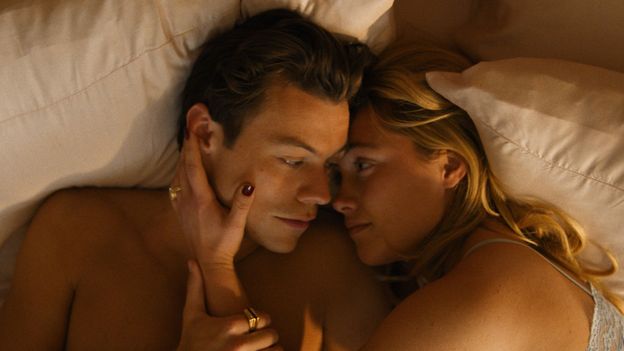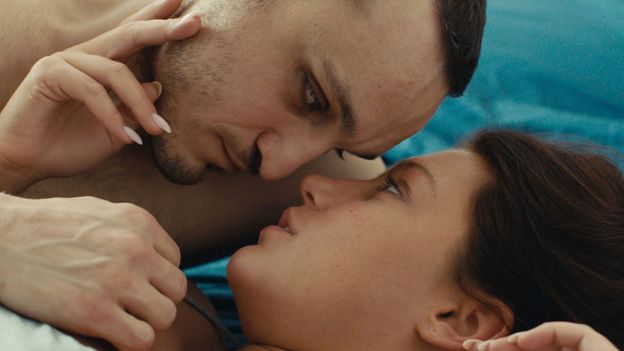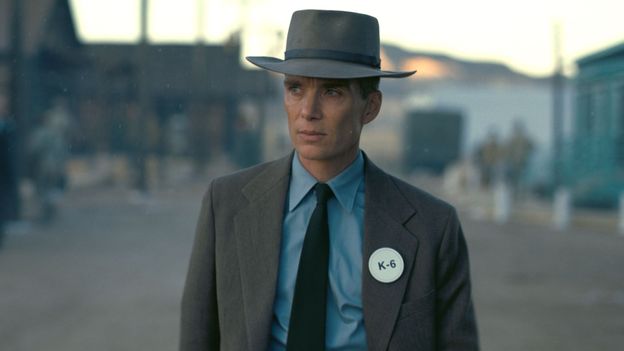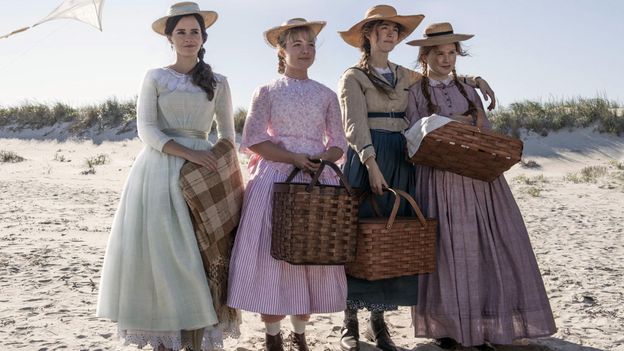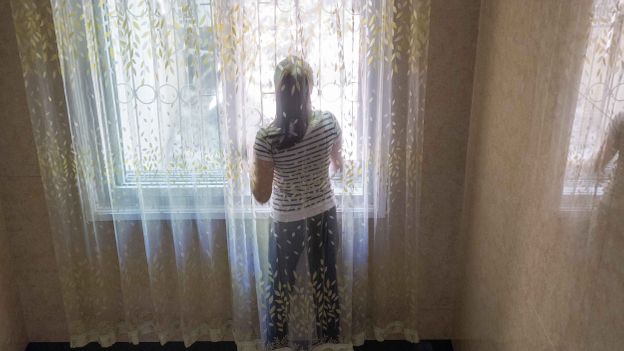Still, there is some interesting craft on display and chilling moments that move things along. Editor Affonso Gonçalves inserts William Friedkin-esque fleeting shots of blink-and-you’ll-miss-it terror to create unease, while one scene involving near-suffocation by clingfilm may make your throat constrict in horror.
But the over-reliance on dream sequences is lazy and poorly explained, with the feeling being that there were plenty of ideas but no real strategy on how to stitch them together. Considering the depth of detail in the visual world-building, we’re given frustratingly little information on what, well, the Victory project is about or wants to achieve. Layered over this, the music feels all over the place too, with a score made up of breathy female voices and thudding thriller tones contrasting, to whiplash effect, with era-specific popular songs.
It’s disappointing, as there may well be a smarter, more sophisticated film nestled in here like a Russian doll: perhaps something that’s more incisive about contemporary incel culture, or the mental gymnastics required when you feel ethically obliged to dismantle a society that is designed to serve you. When Frank tells us that “modern society has smothered our true selves,” it rings hollow like marketing speak, as it should: but Don’t Worry Darling is similarly laden with half-baked, risk-free ideas that do little to shock or stir.
★★☆☆☆
Don’t Worry Darling is released in the US and UK on 23 September
Love film and TV? Join BBC Culture Film and TV Club on Facebook, a community for cinephiles all over the world.
If you would like to comment on this story or anything else you have seen on BBC Culture, head over to our Facebook page or message us on Twitter.
And if you liked this story, sign up for the weekly bbc.com features newsletter, called The Essential List. A handpicked selection of stories from BBC Future, Culture, Worklife and Travel, delivered to your inbox every Friday

